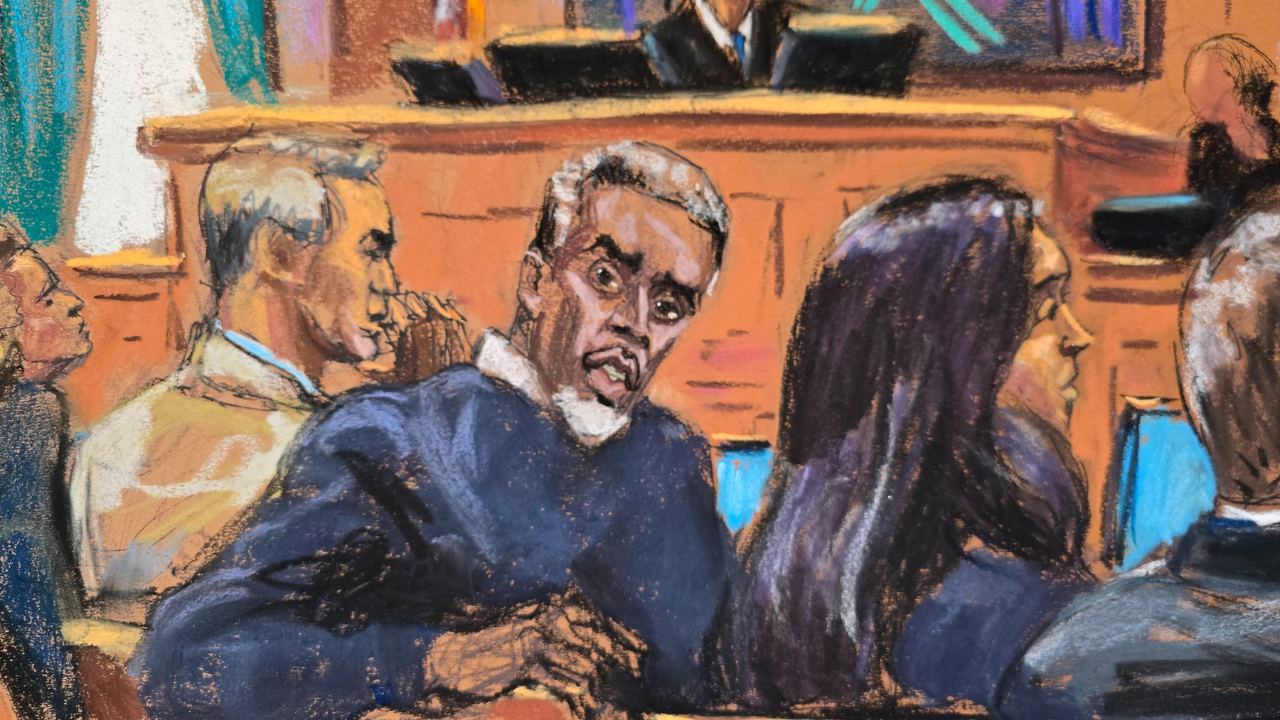
As the high-profile Diddy trial unfolds, the public is getting a crash course in the grim realities of PTSD and abusive relationships. This case isn’t just tabloid fodder—it’s exposing the dark underbelly of abuse in the entertainment industry.
September 2024 saw music mogul Sean ‘Diddy’ Combs arrested at a high-profile Manhattan hotel. The charges? Prostitution, sex trafficking, and transportation for illicit activities. He pleaded not guilty to all five criminal counts. However, these charges sparked a wave of civil lawsuits, painting a decades-long pattern of alleged sexual and physical abuse by one of music’s most recognisable figures. The accusations range from rape and sexual assault to physical violence, raising urgent conversations about trauma and recovery.

Understanding PTSD and Abusive Relationships: The Mental Health Perspective
One term that keeps surfacing amid courtroom testimonies is post-traumatic stress disorder (PTSD). But what is it?
According to the National Institute of Mental Health (NIMH), PTSD is a mental health condition triggered by experiencing or witnessing traumatic events like natural disasters, violence, or serious accidents. While it’s often associated with war veterans, experts emphasise that abusive relationships are a major cause, too.
Licensed marriage and family therapist Payal Patel, LMFT, explains, “For survivors of any form of abuse, talking about their experiences can be incredibly challenging. It takes immense courage and empowerment to reach that point.” Patel stresses that it’s not our job to dissect why the abuse happened or blame victims for delayed reporting. “Our role is to support, not shame. Healing from PTSD and abusive relationships is a long journey.”
Symptoms of PTSD from Abusive Relationships
Mental health professionals diagnose PTSD when symptoms persist long after the traumatic event, affecting daily life. These symptoms include:
- Persistent feelings of anxiety, sadness, fear, or anger
- Difficulty concentrating or sleeping
- Intrusive thoughts about the traumatic event
Patel adds, “Survivors often struggle with setting boundaries, trusting themselves and others, and seeking support. These are not character flaws; they’re consequences of sustained trauma.”
ALSO READ THIS: Halle Bailey Restraining Order: Rapper DDG Accused of Abuse by “Little Mermaid” Star
How PTSD from Abusive Relationships is Treated
Now for the good news: PTSD and abusive relationships don’t have to define a survivor’s life forever.
According to the NIMH, with the right treatment, most individuals can overcome PTSD symptoms over time. The National Centre for PTSD (NCPTSD) recommends evidence-based therapies such as:
- Cognitive Processing Therapy (CPT)
- Eye Movement Desensitization and Reprocessing (EMDR)
- Prolonged Exposure Therapy
“Therapy is hands down the most effective tool for survivors of abuse,” says Patel. “But it’s crucial to work with trauma-informed therapists trained to handle these delicate situations.”
Beyond talk therapy, medications like paroxetine, sertraline, and venlafaxine are often prescribed to manage PTSD symptoms. Interestingly, some studies highlight the benefits of emotional support dogs in the healing process.
The NIMH is also investing in research to understand which trauma survivors are more likely to recover naturally and which ones need tailored interventions.
Final Thoughts: Diddy’s Trial Shines a Spotlight on PTSD and Abusive Relationships
As Diddy’s trial continues to grip headlines, it serves as a sobering reminder that PTSD and abusive relationships are not isolated stories. These are intensely personal struggles impacting countless lives in silence. The healing journey is long, but with awareness, empathy, and the right support systems, survivors can reclaim their lives.
